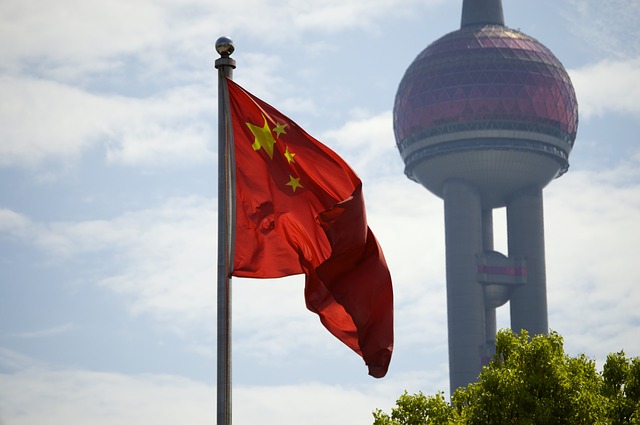The common denominator between the bursting of the Chinese stock market bubble earlier this summer and the August 11 devaluation of the CNY is slowing growth in China.
According to the WTO, China imported goods totalling around bln from the US in 2013, around bln from Japan and bln from the Eurozone suggesting that a slowing in demand in China will have far reaching implications.
Many other economies count China as a first or second largest export partner. These include Australia, New Zealand, Brazil, Indonesian, Malaysia and South Africa.
Many are producers of commodities of which China is the largest global consumer. The current supply gluts in commodities such as oil, iron ore, coal and dairy has already blown a harsh wind over the economies of commodity producing countries, in particular those in the developing world.
Some of these EM countries have also been hindered by political uncertainties and/or slow structural reform and the fall in risk appetite linked to Chinese growth fears has left countries with poor fundamentals exposed. While the FOMC may still be mulling over the risks that a slowdown in Chinese economic activity could pose, many investors were quicker to respond.
Capital has moved out of higher risk assets and back into the safety of bonds. Reports this year that China has been dumping US treasuries have been balanced by commentary that prices have hardly budged. Quite clearly other investors have stepped into the void and this logic extends to bond markets in other core countries.
"As risk appetite dropped investors have also rushed to cover short EUR positions which had been used as a funding currency. Now that the extreme levels of EUR shorts have been addressed, upside potential for the EUR could be harder to achieve. That said, risk appetite may need to recover before the EUR can embark on another sharp, broad-based downtrend", notes Rabobank.



 Best Gold Stocks to Buy Now: AABB, GOLD, GDX
Best Gold Stocks to Buy Now: AABB, GOLD, GDX  FxWirePro: Daily Commodity Tracker - 21st March, 2022
FxWirePro: Daily Commodity Tracker - 21st March, 2022 































